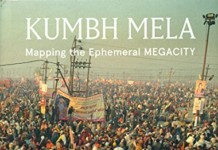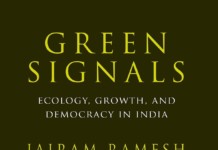CITY-HUBs: Sustainable and Efficient Urban Transport Interchanges focuses on urban transport interchanges from more than 20 European researchers demonstrates why transport interchanges are crucial for a seamless public transport system. It is based on a broad consultation process to stakeholders of 26 interchanges in 10 different countries, and on tailored surveys to travelers in five of them. It shows travelers how to reduce the negative
aspects of transfer by improving information provision and by delivering convenient services and facilities.
The book outlines the required steps from interchange planning to operation, and defines the functions, the design of the space for transfer, stay and services, and assesses the needs for different types of interchange. It introduces the evaluation of urban and economic impacts and the identification of users’ perceptions to improve interchange efficiency. The most important factors from the user point of view are safety and security, transfer conditions, information, design, services and facilities, environmental quality and comfort. These define the efficiency of
the interchange from two different perspectives: as a transport node and as a place.
Packed with relevant data and offering step-by-step instruction, this book:
• Proposes innovative operating strategies for an intermodal services organization (i.e. innovative business model)
• Explores pilot and test case studies for defining interchanges good practice, and tests them in validation case studies
• Sets out urban planning guidelines for urban integration of a transport interchange
As an advanced guide CITY-HUBs: Sustainable and Efficient Urban Transport Interchanges caters to transport operators, authorities, end-users’ organizations and policy makers who are challenged to implement new urban interchanges or to upgrade them.










